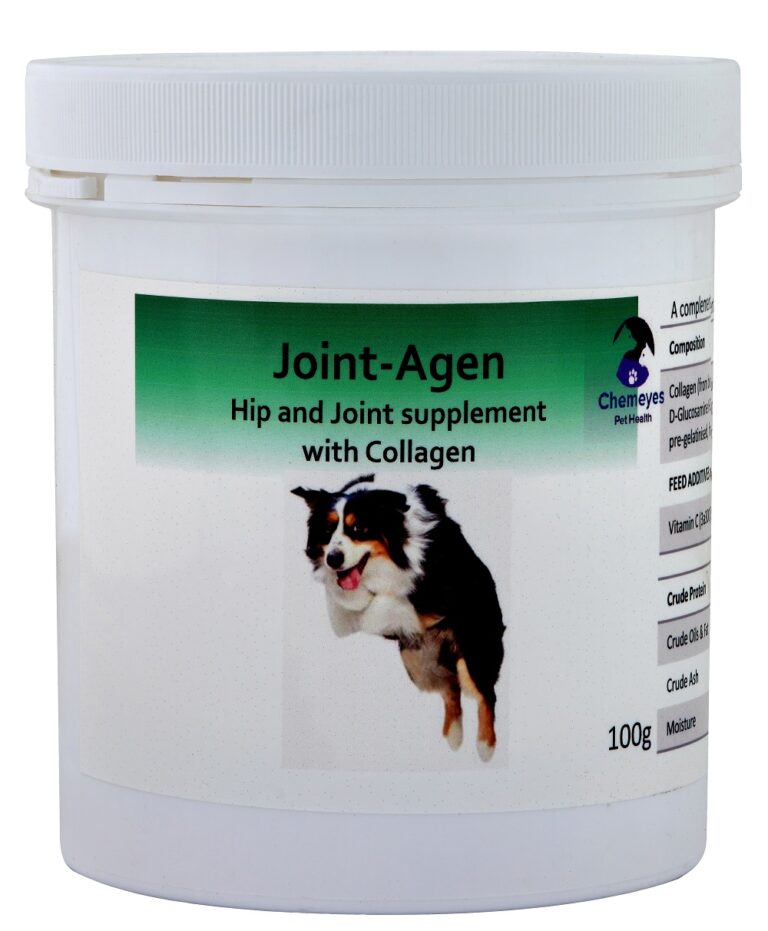How to Recognise Joint Problems with your Dogs
If you notice your dog is limping, has difficulty standing and climbing stairs, and is acting more aggressive than usual, then it may have an issue with its joints. Joint problems can make your dog more lethargic and reluctant to exercise, as well as make it harder for it to move and go about its daily routine.
Tell-tale Signs
- Audible clicking sounds from joints
- Swollen joints
- Using one leg more frequently
- Slow, stiff movements
- Excessive licking of hip/joint areas
- Reluctance to jump onto things
- Hesitant towards being touched, especially around tender areas
- Aggression
Dogs suffering from joint problems can also display other symptoms not included on this list. If you notice anything amiss with your dog, it is important to visit a vet as soon as possible
Causes
Dogs of any age can develop joint problems, but they tend to be more common in elderly dogs and certain breeds. Shorter dogs with longer bodies can be more prone to joint difficulties, as can overweight dogs. Breeds like the Dachshund are generally more susceptible to joint problems due to the amount of weight their short legs need to support.
Panosteitis is often seen in younger, larger dogs. It happens when a dog is growing rapidly during puppyhood. It tends to appear when a dog is between four to fourteen months old.
Legg-Calve Perthes Disease is mostly seen in smaller breeds and younger dogs. It is unclear what causes it, but it results in degradation of the hip, as well as painful, inflamed joints. Manchester Terriers appear to be the most inclined to suffer from this disease.
Hip dysplasia and elbow dysplasia happen when the joints do no develop properly, which can cause them to dislocate. The condition is mostly genetic, with breeds like Labrador Retrievers, Great Danes and German Shepherds being most at risk. However, certain lifestyle and environmental factors can also cause the condition.
Rheumatoid arthritis is caused when a dog’s immune system overreacts and confuses its own protein with a foreign one and starts attacking it. The condition damages the cartilage in joints and causes lameness. It is mostly seen in small breeds, but it can affect larger dogs.
Cruciate Ligament disease or injury is a very common joint disorder. It is the general wear and tear of a dog’s ligaments, which often leads to arthritis and pain.
Other conditions which can also cause joints problem include hyperparathyroidism, metabolic disease, Lyme disease, and cancer.




